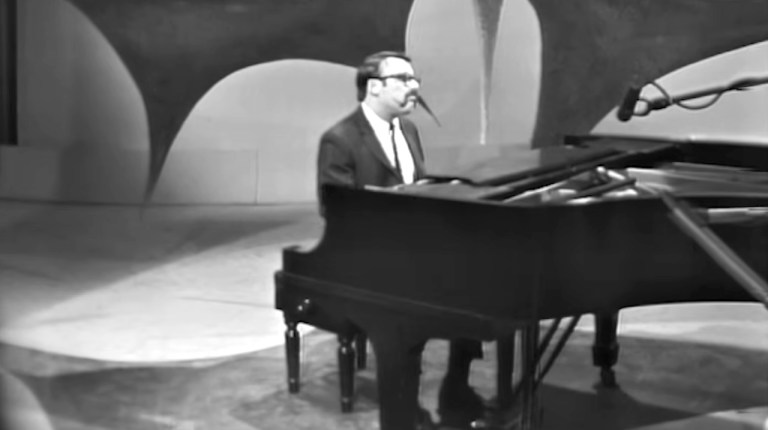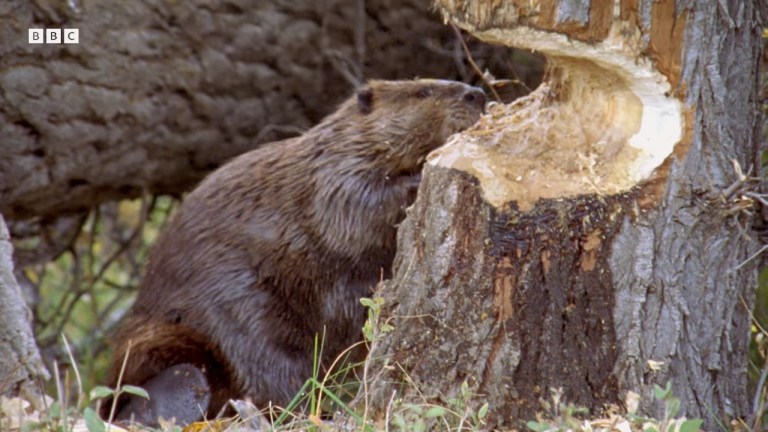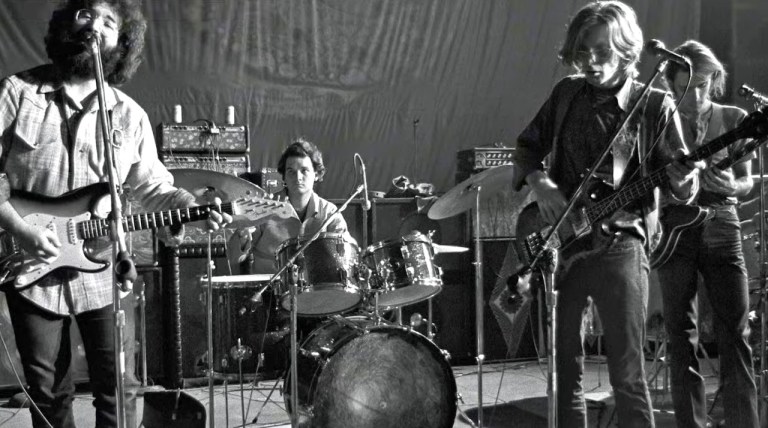‘PBS Space Time’ Explains the Term ‘Habitable Exoplanet’ to Debunk Confusion About Recent Media Coverage
In the latest episode of PBS Space Time host Gabe Perez-Giz explains the term “habitable exoplanet” to debunk some confusion about recent media coverage. The main focus of the episode is that what astronomers mean by “habitable exoplanet” is just that the planet falls within the distance of its host star that the star’s energy is enough that the planet could have liquid water.
In most cases, scientists are unable to determine any other factors like atmospheric composition that would answer the question of whether or not an exoplanet could truly be inhabited by humans.
As more media attention is drawn to exoplanets through missions like Kepler and its successor TESS, Perez-Giz is attempting to separate science fact from media hype, and asks the question whether the attention to this “habitable exoplanets” is good or bad for those missions.






